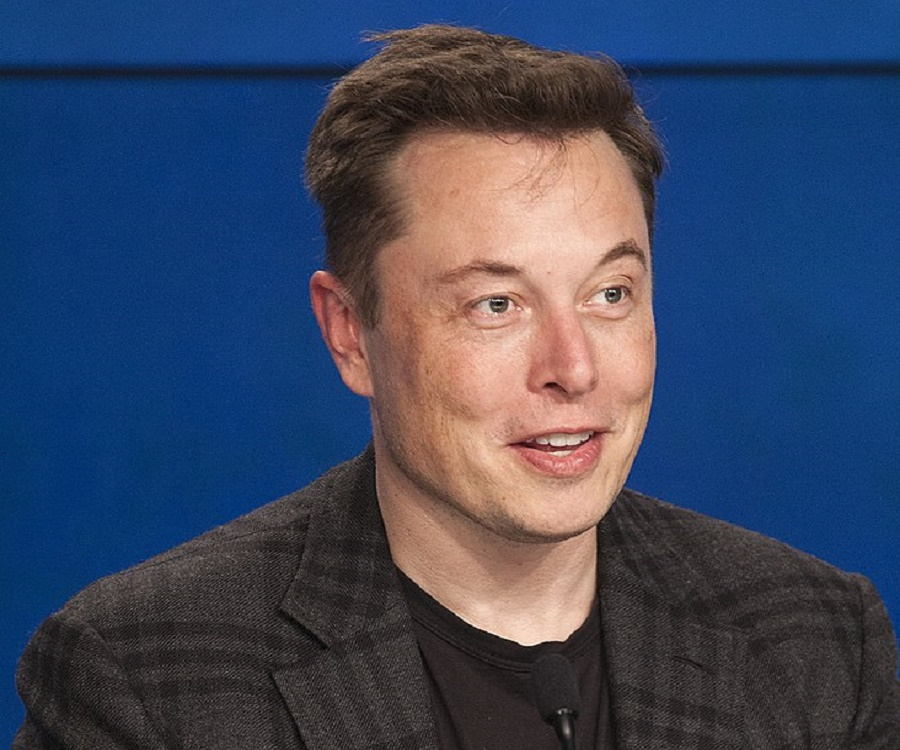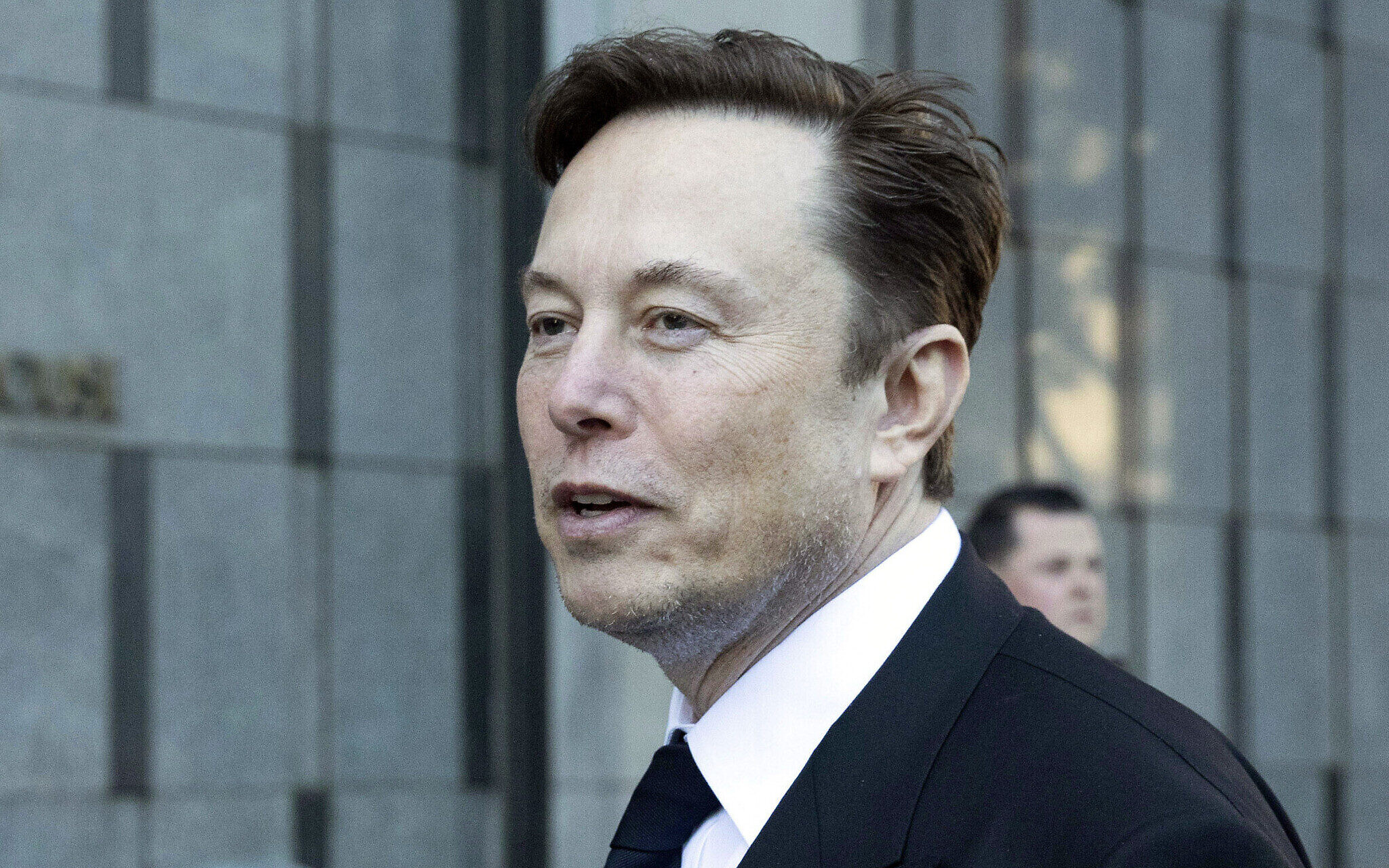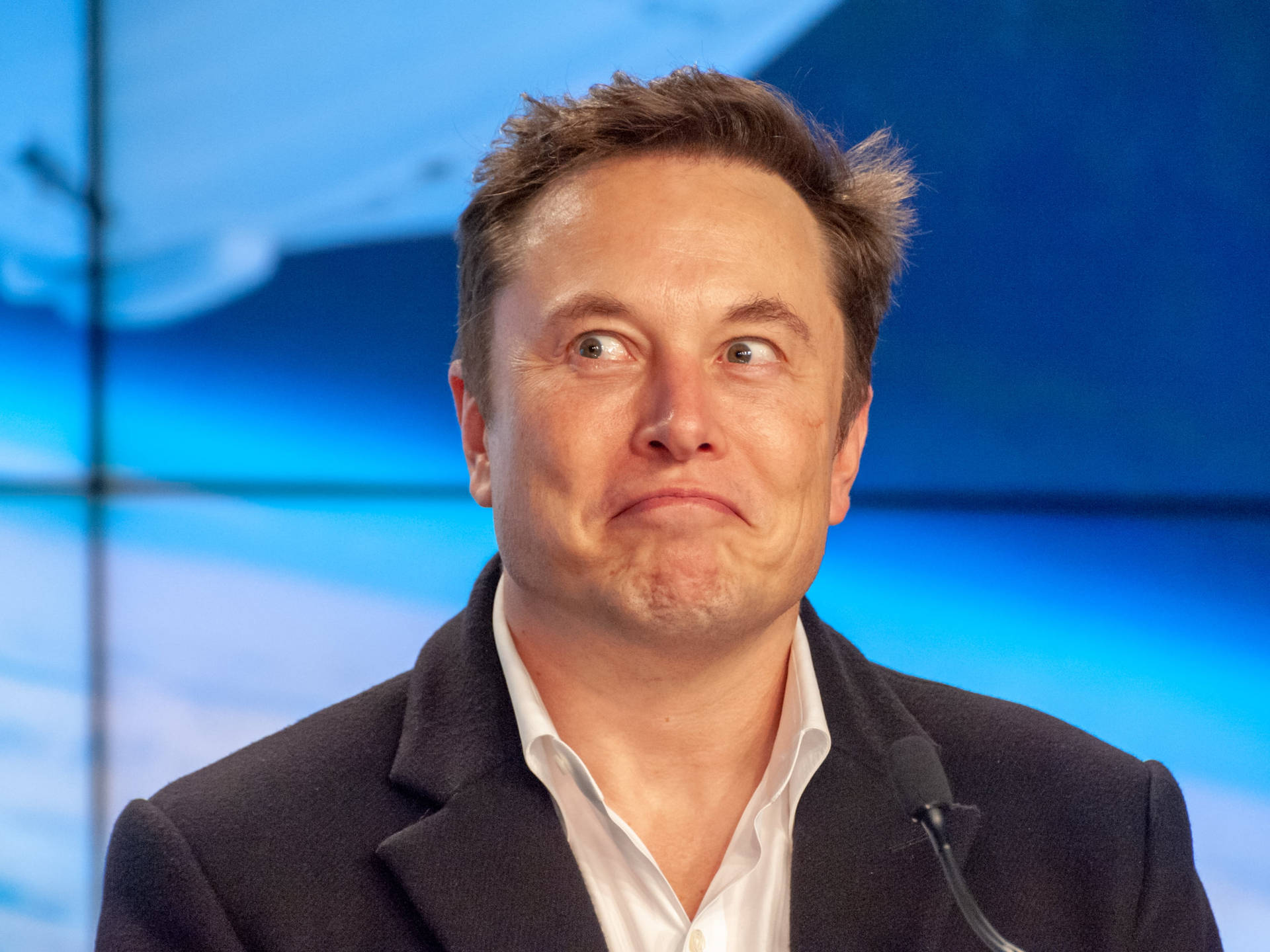Musk Slams Senate's Trump Bill: A Billionaire's Political Roar
Elon Musk, a figure synonymous with innovation and disruption, has once again thrust himself into the political arena, reigniting debates and drawing significant attention. After declaring he was stepping away from the political spotlight, the billionaire entrepreneur got right back in it, lodging sharp criticism against the Senate's decision regarding a significant bill associated with former President Donald Trump. This latest intervention underscores Musk's unpredictable yet influential role in public discourse, extending his reach far beyond the realms of electric vehicles and space exploration.
His vocal disapproval of what he termed a "megabill" highlights a recurring theme in his public life: a willingness to challenge established norms and powerful institutions. This article delves into the specifics of Musk's recent critique, examining its context within his tumultuous relationship with the Trump administration, his brief but impactful stint in government, and the broader implications of such high-profile political commentary from one of the world's most influential individuals. Understanding Musk's stance on the Senate's Trump bill decision requires an exploration of his past political engagements and the unique platform he commands.
Table of Contents
- Elon Musk: A Brief Biography
- The Unpredictable Return to Political Fray
- Unpacking Musk's Criticism of the Senate's Trump Bill Decision
- The Genesis of Discontent: Musk's Tumultuous Relationship with the Trump Administration
- The Short-Lived Stint in Government: The DOGE Experiment
- Why Does Musk's Political Commentary Matter?
- The Broader Implications of Billionaire Political Activism
Elon Musk: A Brief Biography
Before diving into his recent political statements, it's essential to understand the multifaceted persona of Elon Musk. He is known for his leadership of Tesla, SpaceX, X (formerly Twitter), and even briefly, the Department of Government Efficiency (DOGE). Musk has been considered the wealthiest person in the world, a testament to his ambitious ventures and relentless pursuit of innovation. His career has been marked by audacious goals, from electrifying the automotive industry to making humanity a multi-planetary species. This drive, combined with a penchant for direct and often unfiltered communication, has made him a global figure whose words carry significant weight.
- Rich Areas In Dallas
- Max Amini Wife
- Katmoviehd
- Is Frankie Katafias Still Working At Kiro 7 The Inside Scoop Yoursquove Been Waiting For
- Amy Corenswet
The Man Behind the Headlines
Born in Pretoria, South Africa, in 1971, Elon Musk's journey to global prominence has been anything but conventional. He immigrated to Canada at 17, then moved to the United States, where he pursued studies in physics and economics at the University of Pennsylvania. His entrepreneurial spirit quickly emerged, co-founding Zip2, an online city guide, which was later sold to Compaq. He then co-founded X.com, an online financial services company, which eventually merged with Confinity to form PayPal. After PayPal's acquisition by eBay, Musk channeled his considerable earnings into his most ambitious projects: SpaceX, Tesla, and SolarCity (later acquired by Tesla). His personal life has also frequently made headlines, with a growing family and a public persona that oscillates between visionary leader and controversial provocateur.
| Full Name | Elon Reeve Musk |
| Date of Birth | June 28, 1971 |
| Place of Birth | Pretoria, South Africa |
| Nationality | South African, Canadian, American |
| Known For | CEO of Tesla, CEO of SpaceX, Owner of X (formerly Twitter), Founder of Neuralink, The Boring Company |
| Net Worth (approx.) | Fluctuates, often among the world's wealthiest individuals |
The Unpredictable Return to Political Fray
Elon Musk's recent foray back into the political spotlight is not an isolated incident but rather a continuation of a pattern. For a period, Musk had indicated a desire to step back from political commentary, focusing instead on his business ventures. However, as the political landscape continues to evolve, and issues he deems critical come to the fore, his silence is often short-lived. His re-engagement typically stems from a perceived inefficiency, a policy he believes is detrimental, or a call for a more radical approach to governance. This latest instance, where he criticizes the Senate's Trump bill decision, perfectly encapsulates his reactive yet impactful political style. He doesn't shy away from using his massive platform on X to air grievances or propose solutions, often bypassing traditional media channels entirely. This direct communication, while sometimes chaotic, resonates with a significant segment of the public who appreciate his unvarnished opinions, even if they are controversial.
Unpacking Musk's Criticism of the Senate's Trump Bill Decision
The core of Musk's latest political outburst centers on a specific legislative move. Elon Musk renewed his calls Monday for a new political party as he lodged sharp criticism against President Trump’s megabill as the Senate seeks to move toward a final vote. This statement is particularly telling, as it not only expresses disapproval of the bill itself but also suggests a fundamental dissatisfaction with the existing two-party system. His call for a new political party, a recurring theme in his political musings, underscores a desire for systemic change rather than just policy tweaks.
Further amplifying his discontent, billionaire Elon Musk on Saturday criticized the latest version of President Donald Trump's tax and spending bill released by the U.S. Senate, calling it "utterly insane." This strong language is characteristic of Musk's direct communication style. While the specifics of the "megabill" are not detailed in the provided data, the term itself implies a comprehensive piece of legislation, likely encompassing significant tax reforms and spending initiatives. Musk's "utterly insane" label suggests a profound disagreement with its economic or social implications, perhaps viewing it as fiscally irresponsible, economically unsound, or detrimental to innovation and progress. Given his background as a business leader, his criticisms often stem from a perspective of efficiency, economic viability, and what he perceives as barriers to technological advancement or societal betterment. His public condemnation, especially of a bill championed by a former president with whom he has had a complex relationship, sends a clear signal of his continued willingness to engage in high-stakes political commentary, even when it means challenging powerful figures and institutions.
The Genesis of Discontent: Musk's Tumultuous Relationship with the Trump Administration
Musk's recent criticism of the Senate's Trump bill decision is not an isolated event but rather a continuation of a complex and often turbulent relationship with the former President and his administration. Elon Musk, the former DOGE leader, faced a turbulent year amid a public feud with Trump. This feud, which played out publicly on social media and through various statements, saw both figures exchanging barbs, despite Musk having previously served on presidential advisory councils during Trump's tenure. The shifting dynamics of their relationship highlight the independent nature of Musk's political leanings; he aligns with policies and individuals based on his own principles, rather than strict party lines or personal allegiances.
His involvement with the Trump administration was initially seen by some as a pragmatic move, allowing him to influence policy related to technology, manufacturing, and potentially space exploration. However, as various policy decisions unfolded, particularly regarding climate change and immigration, Musk's disagreements became more pronounced, eventually leading to his departure from these advisory roles. The latest news on Elon Musk, including updates on his role and involvement with the Trump administration and his companies SpaceX and Tesla, consistently shows a pattern of engagement followed by disengagement when his core values or strategic interests are perceived to be at odds with the administration's direction. This history provides crucial context for his current criticism, indicating that his "utterly insane" assessment of the bill likely stems from deep-seated policy disagreements rather than mere political posturing.
The Short-Lived Stint in Government: The DOGE Experiment
One of the most intriguing chapters in Elon Musk's political involvement was his brief but highly publicized role within the Trump administration. Elon Musk has officially left the Trump White House, capping a turbulent effort to slash the federal government by the world's richest man. This period saw him take on the unique title of "special government employee" heading the Department of Government Efficiency (DOGE). The very concept of a "Department of Government Efficiency" spearheaded by a private sector titan like Musk speaks volumes about the administration's intent to bring a business-minded approach to federal operations, and Musk's own desire to make government more streamlined and effective.
Elon Musk said his stint as a “special government employee” heading the Department of Government Efficiency (DOGE) has come to an end Wednesday, a month after. His departure was swift, mirroring the intensity of his initial involvement. On Friday, as Musk’s brief stint in government formally came to an end, the billionaire entrepreneur stood beside President Donald Trump in the Oval Office for a final public appearance, symbolizing the official conclusion of this unique experiment. Elon Musk is leaving Washington after a short but turbulent stint in government and getting back to his numerous businesses, each with their own set of issues for the billionaire to address. This statement underscores the practical realities of his commitments; balancing the demands of leading multiple groundbreaking companies with the complexities of government reform proved to be a challenging endeavor.
The Vision Behind DOGE
The establishment of the Department of Government Efficiency (DOGE), even if largely symbolic or exploratory, reflected a shared aspiration between Musk and elements within the Trump administration to identify and eliminate bureaucratic waste. Musk, known for his relentless pursuit of efficiency in his own companies, likely envisioned applying similar principles to the vast machinery of the federal government. The idea was to streamline operations, cut unnecessary spending, and potentially improve the delivery of public services. While the exact scope and achievements of DOGE during Musk's brief tenure remain largely undetailed publicly, the very existence of such a department, even in a nascent form, highlighted a mutual interest in disrupting traditional governmental processes.
The Departure and Its Implications
Musk's departure from his government role, though perhaps inevitable given his myriad private sector responsibilities, also coincided with growing policy disagreements. His public feuds with Trump over issues like the Paris Agreement on climate change served as a clear indicator that his involvement was contingent on alignment with his broader vision for progress. The end of his DOGE stint meant a return to focusing solely on his companies, which, as the data notes, each presented their own set of issues for the billionaire to address. This period of direct government involvement, however short, provided Musk with firsthand experience of the political apparatus, likely informing his current, sharper criticisms of legislative decisions like the Senate's Trump bill.
Why Does Musk's Political Commentary Matter?
When Elon Musk criticizes the Senate's Trump bill decision, it reverberates far beyond a typical political pundit's take. His influence stems from several unique factors that amplify his voice and give his opinions disproportionate weight in public discourse. Firstly, as a figure who has been considered the wealthiest person in the world, his financial power translates into a significant platform. His success with companies like Tesla and SpaceX has earned him a reputation as a visionary and a disruptor, leading many to view his opinions on a wide range of topics, including politics, with a certain level of deference or at least curiosity.
Secondly, his direct engagement with the public through X (formerly Twitter), which he now owns, provides him with an unparalleled megaphone. He can bypass traditional media filters and communicate directly with millions of followers, shaping narratives and influencing public opinion in real-time. This direct access allows him to instantly disseminate his views, such as his "utterly insane" assessment of the Senate's Trump bill, to a vast global audience. His comments often spark immediate debate, trend online, and are picked up by mainstream news outlets, further amplifying their reach.
Finally, Musk's persona as an outsider who challenges the status quo resonates with a segment of the population disillusioned with traditional politics. His willingness to call out perceived inefficiencies or irrational decisions, whether in business or government, aligns with a desire for accountability and common-sense solutions. Therefore, when he issues sharp criticism, it's not just another voice in the political cacophony; it's a statement from a figure who commands immense wealth, technological influence, and a direct line to millions, making his political commentary a significant force in shaping public perception and debate.
The Broader Implications of Billionaire Political Activism
Elon Musk's vocal criticism of the Senate's Trump bill decision is part of a larger trend of high-profile billionaires increasingly engaging in political activism. This phenomenon raises important questions about the nature of influence in modern democracies. When individuals like Musk, with their vast wealth and control over significant platforms, weigh in on policy matters, their opinions can quickly become major talking points, potentially overshadowing the voices of elected officials or grassroots movements.
The ability of a single individual to label a major legislative effort as "utterly insane" and have that statement instantly reach millions of people highlights the evolving landscape of political communication. While it can be argued that such engagement fosters transparency and holds power to account, it also raises concerns about the concentration of influence. Is it beneficial for public discourse when a handful of extremely wealthy individuals can disproportionately shape political narratives? This question becomes even more pertinent when considering the potential for these individuals' business interests to align, or conflict, with their political stances.
Moreover, the call for a "new political party," as Musk has made, reflects a deeper dissatisfaction with the existing political structures. This sentiment, echoed by many citizens, suggests a yearning for alternatives to the traditional two-party system. Billionaire activism, therefore, serves as both a symptom and a catalyst for political change, pushing boundaries and challenging the established order. Whether this trend ultimately strengthens or weakens democratic processes remains a subject of ongoing debate, but one thing is clear: the era of politically silent billionaires is largely over, and their voices, for better or worse, are now an undeniable part of the political fabric.
Conclusion
Elon Musk's recent criticism of the Senate's Trump bill decision serves as a potent reminder of his enduring and often unpredictable influence in the political sphere. From his turbulent past relationship with the Trump administration to his brief stint heading the Department of Government Efficiency (DOGE), Musk has consistently demonstrated a willingness to engage, challenge, and disrupt. His "utterly insane" assessment of the "megabill" is not merely a fleeting comment but a reflection of his deep-seated views on governance, efficiency, and the direction of the nation.
As one of the world's wealthiest and most visible figures, Musk's political pronouncements carry significant weight, amplified by his direct access to millions through platforms like X. His continued re-entry into the political fray, despite previous intentions to step away, underscores the magnetic pull of policy and power for individuals who believe they can effect meaningful change. The broader implications of such billionaire activism are profound, shaping public discourse and challenging traditional political structures. It invites us to consider the evolving nature of influence and accountability in our interconnected world.
What are your thoughts on Elon Musk's political commentary? Do you believe his criticisms are beneficial for public discourse, or do they represent an undue concentration of influence? Share your perspectives in the comments below, and don't forget to explore other articles on our site discussing the intersection of technology, business, and politics.
- Mrs Mandy Lueilwitz Phd
- Rich Areas In Dallas
- Jessica Springsteen Married
- Asser Malik
- Camilla Araujo Tape

Elon Musk Biography - Facts, Childhood, Family Life & Achievements

Elon Musk says George Soros ‘hates humanity’ | The Times of Israel

Download achtergronden van Elon Musk Draak Persconferentie | Wallpapers.com